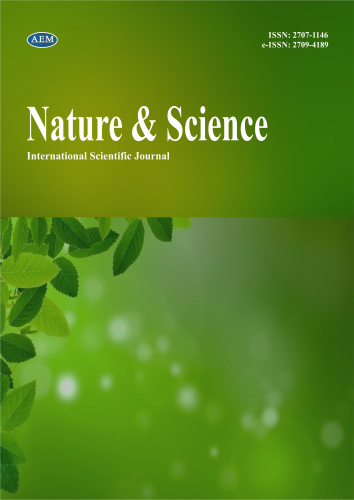DOI: https://doi.org/10.36719/2707-1146/57/14-19
Boyukkhanim Jafarzadeh
Baku State University
PhD student
https://orcid.org/0000-0002-0209-1829
cxanum@mail.ru
Vilayat Abdiyev
Baku State University
https://orcid.org/0009-0006-4416-0649
vilayet.abdiyev@mail.ru
Sevinj Ismayilova
Baku State University
https://orcid.org/0009-0002-5135-8208
ismayilovasevinc961@gmail.com
Nigar Aliyeva
PhD student
https://orcid.org/0009-0003-6116-6223
aliyeva.plantphysiology@gmail.com
Determination of Proline Content in Bread Wheat Varieties Under
Iso-Cation Sodium Salinity Conditions
Abstract
The proline content was determined in 10-day-old seedlings of bread wheat varieties “Gobustan” and “Layagatli 80” grown under iso-cation sodium salinity conditions in both hydroponic and soil culture systems. The results showed that in both wheat varieties, the proline content in the roots and shoots of seedlings grown in hydroponic culture was higher compared to those grown in soil culture. Moreover, in both cultivation systems, the proline content in the root system of the seedlings was found to be higher than in the above-ground parts.
It was revealed that the effect of iso-cation sodium salts significantly increased the proline content in both shoots and roots of wheat seedlings grown in both hydroponic and soil cultures.
The increase in proline content due to the effect of salts was more pronounced in wheat seedlings grown in soil culture compared to those grown in hydroponic culture. At all salt concentrations, the proline content in “Layagatli 80” wheat seedlings was higher than in the “Gobustan” variety. It was revealed that proline content is one of the indicators of plant salt tolerance. The increase in proline levels under extreme salinity conditions may serve as a key parameter for selecting salt-tolerant genotypes.
Keywords: proline, salt tolerance, hydroponic culture, soil culture, wheat seedlings

